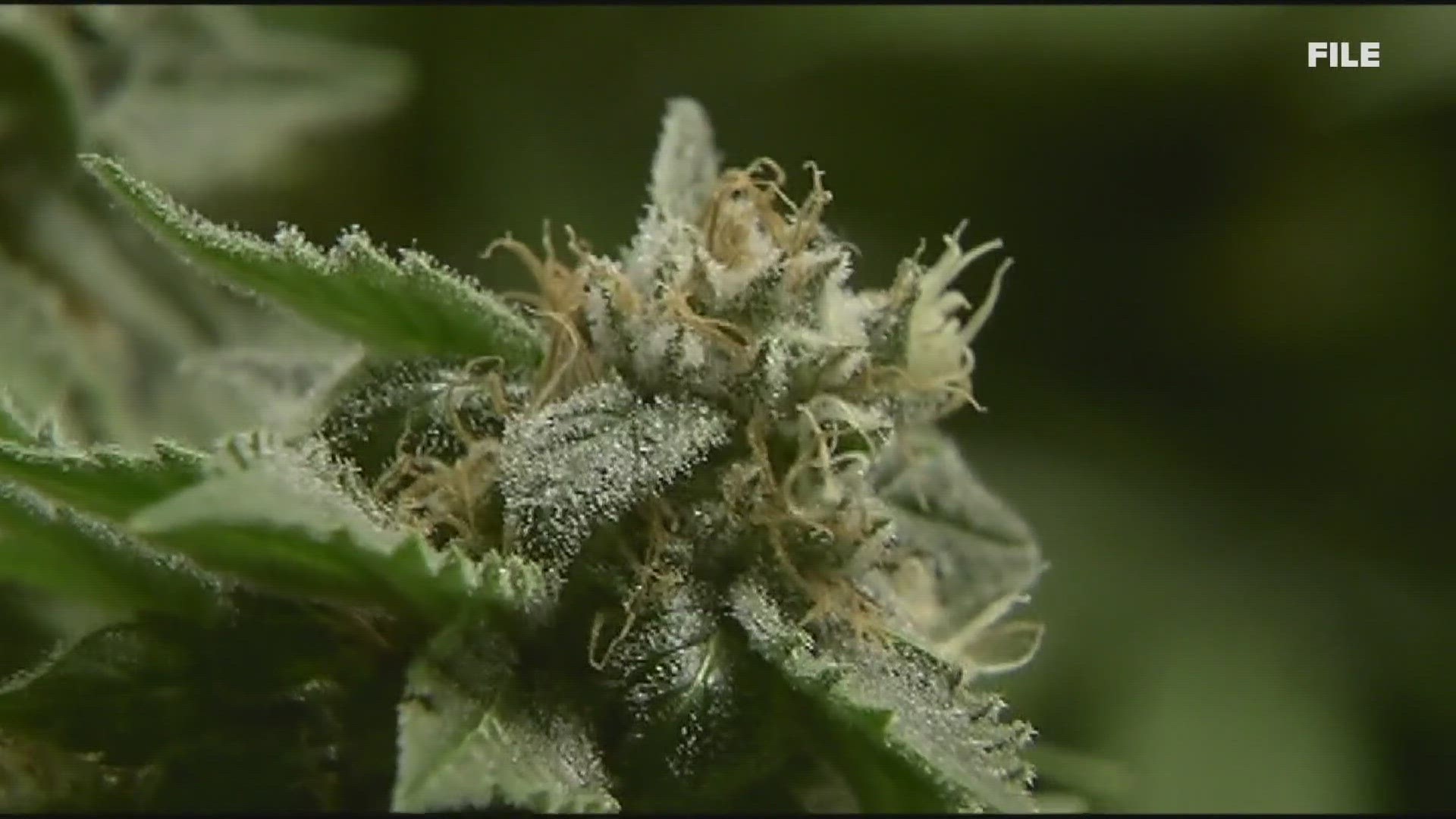NEWPORT, Maine — Months after police arrested a group of Chinese nationals for running an illegal marijuana growing operation in Carmel, the problem of illicit cannabis cultivation remains.
“They’re very secretive as to how they operate.” Newport Town Manager Jim Ricker said Monday. "They normally buy old houses.”
While the true number of growing sites is unknown, Ricker said they’re easy to spot—with boarded-up windows and several electricity meters. Court documents in the Carmel growing case show the house rented by Weizan Huang, one of the defendants, was billed up to $6,900 a month for power—pointing to an enterprise that, while underground, is built for large-scale transactions.
Already, these illegal grow sites are having an impact by way of introducing low-cost, unregulated marijuana into the market. This has served to threaten the business of local dispensaries.
“What's happening is it's killing our profits; it's killing our margins and the growers are getting shut down because of it,” said Jennifer Belcher, owner of Dirt Road Acres in Dixmont.
Belcher estimates illegal growers sell a pound of marijuana for close to half of the rate offered by the "by-the-book" farmers that she stocks her store with.
With the negative impact on legal business, the question of how to stop these growing operations echoes in town offices.
In Carmel, police staked out the property for days, with court documents detailing how officers leafed through trash for evidence. But this is a rarity, as most growers are left either unaccounted for or untargeted—leaving what little enforcement there is left in the hands of people like Albert Tempesta, the Newport code officer. But without a warrant, there isn’t much he can do.
“I knocked on the door to ask if they had a grow operation and they said ‘No speak English’ and closed the door,” Tempesta said.
For now, a constellation of illegal grow sites continues unimpeded in Central Maine.

